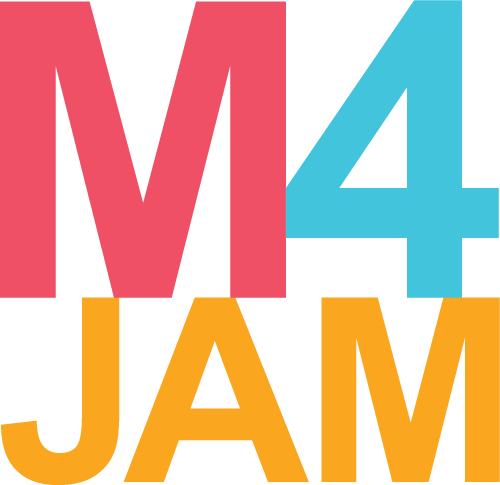Whether you are a Socialist or Capitalist, we all have one thing in common; we want the best for this diverse and culturally rich country of ours. We have so much potential as a country but are faced with some hard truths. Inequality and transformation are pressing issues that we all need to understand and find solutions for. The gap between the “Have’s” and the “Have not’s” is widening, and private enterprise needs to be at the heart of this change if we are to have any lasting impact. Critical to this success is that instruments used to create this transformation need to serve the previously disadvantaged while balancing private enterprises commitment to shareholders for economic growth. This balance is the conundrum we are facing! In a struggling economic climate, private enterprises are in a fight for survival in a retracting economy. Without handicapping them, how do we attract them to transformation agendas while serving their ambitions to grow and operate for profit?
Daily our sales team sit across the table from our clients C Suite and discuss how M4Jam can digitally transform their business and make them more competitive. The sales team must convince the client why they should part with their most prized possession; their cashflow. My experience tells me that there will be a couple of obstacles in our way through this conversation, but two more notable blockages are the following:
- They are well into their budgetary lifecycle and budgets have been allocated already
- Where does the company or person find themselves within the technology adoption life cycle defined by Geoffrey Moore in his book Crossing the Chasm?
Annually, our clients also look to optimise their B-BBEE level to remain competitive and attract business. This legislature requires enterprises to make monetary contributions to a qualifying beneficiary (SME) to facilitate economic transformation. It is about skills transfer, community development, upliftment of the people and surrounds in which they operate. The reality is many see this expenditure as a burden rather than an obligation that each organisation needs to carry to drive economic transformation. Countering these conflicting forces is critical to getting the private enterprise to fully endorse and support these agendas to promote economic participation of previously disadvantaged groups.
As a result, we identified and coined the term, return on empowerment (ROE™). A concept that offers the enterprise a measurable economic return on the monetary contributions made. ROE™ focuses on how to use transformation budgets to create change that also incorporates a return or market expansion for the enterprise. Aligned with that, generate private cooperation in developing black entrepreneurs as well as establish sustainable economies.
So how have we differentiated transformation to meet the objectives defined by ROE™?
- M4Jam can Engineer a Supply Chain for Informal Markets
By engineering the same value and supply chain that the client relies heavily on from the formal sector; we believe we could build this for informal markets at no cost to the Corporates outside of their transformation spend. In effect, they get access to a subsidised if not free Supply chain with last-mile enablement for their brands.
- Overcoming Market Barriers
We believe that we could transform the way brands, corporate’s and government engage and transact in this market and remove the barriers of entry from the past.
- Allowing smaller entrepreneurs to compete with formal enterprises
A Technology enabled system that gives them access to established procurement systems and relationships, a value store of digital products, fintech solutions and access to new revenues and opportunities.
- Grant funding that transforms township economies
By leveraging off the grant contributions of ED, SD and SED, we will grow new and existing SMME’s through a sustainable and technology-enabled value chain. This initiative will deliver value, new revenues, awareness & access to new technologies that improve the standard of living.
- Job Creation
The company provides enterprise or supplier development contributions that will lead to job creation. As an added benefit this will grant a bonus point for job creation in the Amended Codes of Good Practice.
Delivering a return on corporates’ investment from grants spent in this initiative is at the core of ROE™. It empowers previously disadvantaged groups, boosting our economy and increase sustainable employment opportunities for existing and new black-owned SME’s and SMME’s alike (especially amongst the black youth). The concept drives a genuinely transformative idea rooted in the communities from which the entrepreneurs belong. Private enterprises are crucial to this reformative approach. Through a well-designed ROE™ strategy, they can benefit substantially from its development.
Together we can build South Africa by reducing inequality and poverty while increasing transformation one entrepreneur at a time!
